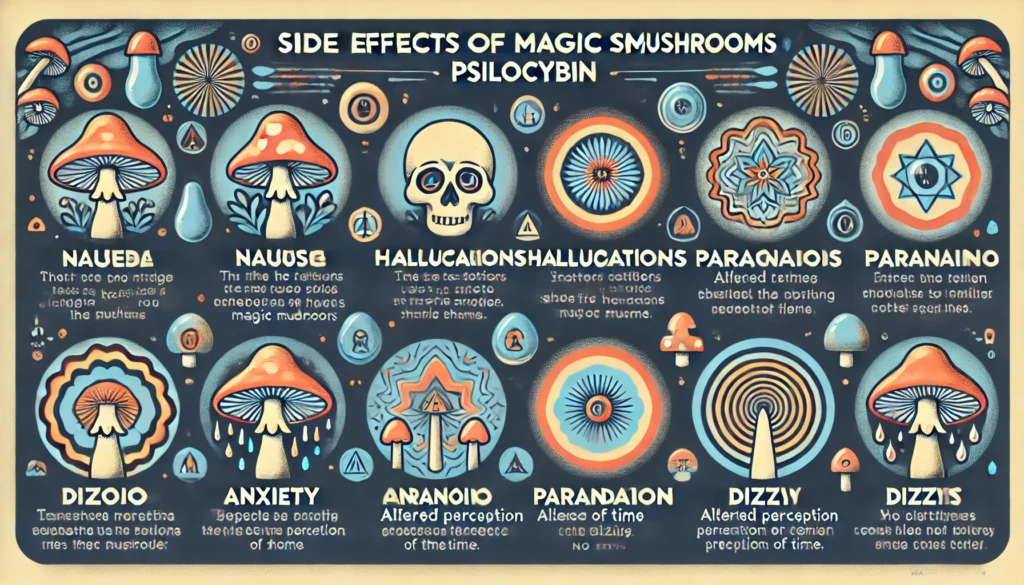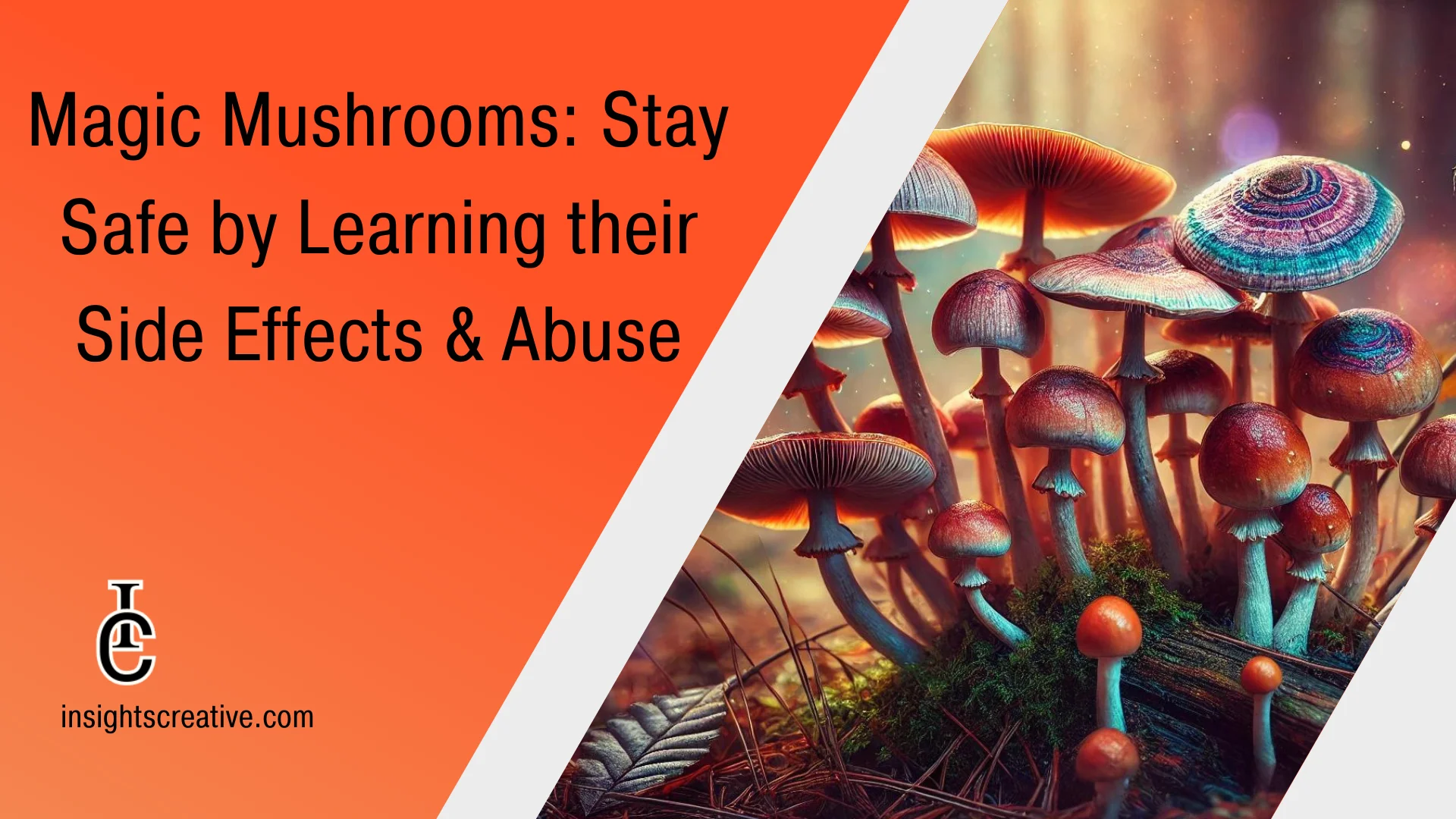Magic mushrooms, often known by their scientific name psilocybin mushrooms, have been used for centuries in spiritual and religious rituals. Today, they are gaining attention for both their recreational use and potential therapeutic benefits. But alongside their growing popularity comes concerns about their safety, side effects, and the potential for abuse. In this article, we will explore what they are, how they affect the body, and the risks involved.
What Are Magic Mushrooms?
These mushrooms are a type of fungus that contains psilocybin, a natural psychoactive compound. When consumed, psilocybin is converted in the body to psilocin, which is responsible for the mind-altering effects that many users seek. These mushrooms are known to induce hallucinations, changes in perception, and a distorted sense of time.
Common species include Psilocybe cubensis, Psilocybe semilanceata, and Psilocybe cyanescens, each varying in potency and appearance.
Are Magic Mushrooms Safe?
While some people turn to these mushrooms for a spiritual or recreational experience, the safety of these fungi remains a subject of debate. Psilocybin can have unpredictable effects based on factors like dosage, individual tolerance, and the user’s environment.
Potential risks include:
Though not considered physically addictive, these type of mushrooms can have psychological risks.
We’re Here To Help You Find Your Way
Understanding the impact of magic mushrooms can be challenging, but resources are available. Whether you’re seeking information on safe use or worried about someone struggling with substance abuse, help is always accessible. Support can guide you through difficult experiences and provide the clarity needed to navigate through recovery or responsible use.
What Do Magic Mushrooms Look Like?
Identifying them can be tricky, as they look similar to other non-psychedelic species. However, common magic mushrooms have certain characteristics:
Mushrooms can also be dried and consumed in capsules, tea, or edibles, making identification more difficult.
Digging Deeper Into the Silent Support for Magic Mushrooms
Recently, there has been a growing movement of silent supporters advocating for the therapeutic benefits of psilocybin mushrooms. Research suggests that psilocybin-assisted therapy may help with conditions such as:
- Depression: Some studies show promise in reducing symptoms of treatment-resistant depression.
- PTSD: Psilocybin may help individuals process traumatic experiences.
- Anxiety: Those facing life-threatening illnesses have found relief from anxiety through controlled psilocybin use.
These developments have fueled discussions about the medical potential of magic mushrooms, but caution is advised until further research confirms long-term safety.
Magic Mushroom Addiction Is a Reality

While psilocybin isn’t considered physically addictive, there is a risk of psychological dependence. Some users may chase the euphoria or spiritual experiences that come with repeated use, leading to a pattern of abuse. Individuals who repeatedly use magic mushrooms may begin to rely on them for coping, avoiding reality, or enhancing social experiences, which can lead to habitual misuse.
What Are the Effects of Magic Mushrooms?
The effects of magic mushrooms depend largely on the dose, the individual, and the setting in which they are consumed. The primary effects include:
In higher doses, some users may experience synesthesia (a crossing of the senses), where sounds might be “seen” or colors might be “heard.”
Does a Person’s Environment Have an Effect on Magic Mushrooms?
Yes, the environment or “set and setting” is crucial to a person’s experience on magic mushrooms. A calm, familiar, and safe space can lead to a more positive experience. On the other hand, consuming mushrooms in an unfamiliar or stressful environment increases the risk of a bad trip. Being around supportive people also plays a significant role in the overall experience.
If you are interested in knowing how long it takes for magic mushrooms to kick in, click here
Conclusion
Magic mushrooms, while offering unique mind-altering experiences, come with a variety of risks and side effects that should not be overlooked. From temporary changes in perception to more serious issues like anxiety and paranoia, it’s important to approach their use with caution. The effects of psilocybin, the active compound in magic mushrooms, vary greatly depending on the user’s mindset, environment, and dosage. While some advocate for their therapeutic potential, understanding the risks involved is crucial. If you’re considering using magic mushrooms, be sure to educate yourself thoroughly, take necessary safety precautions, and seek professional advice if needed.







